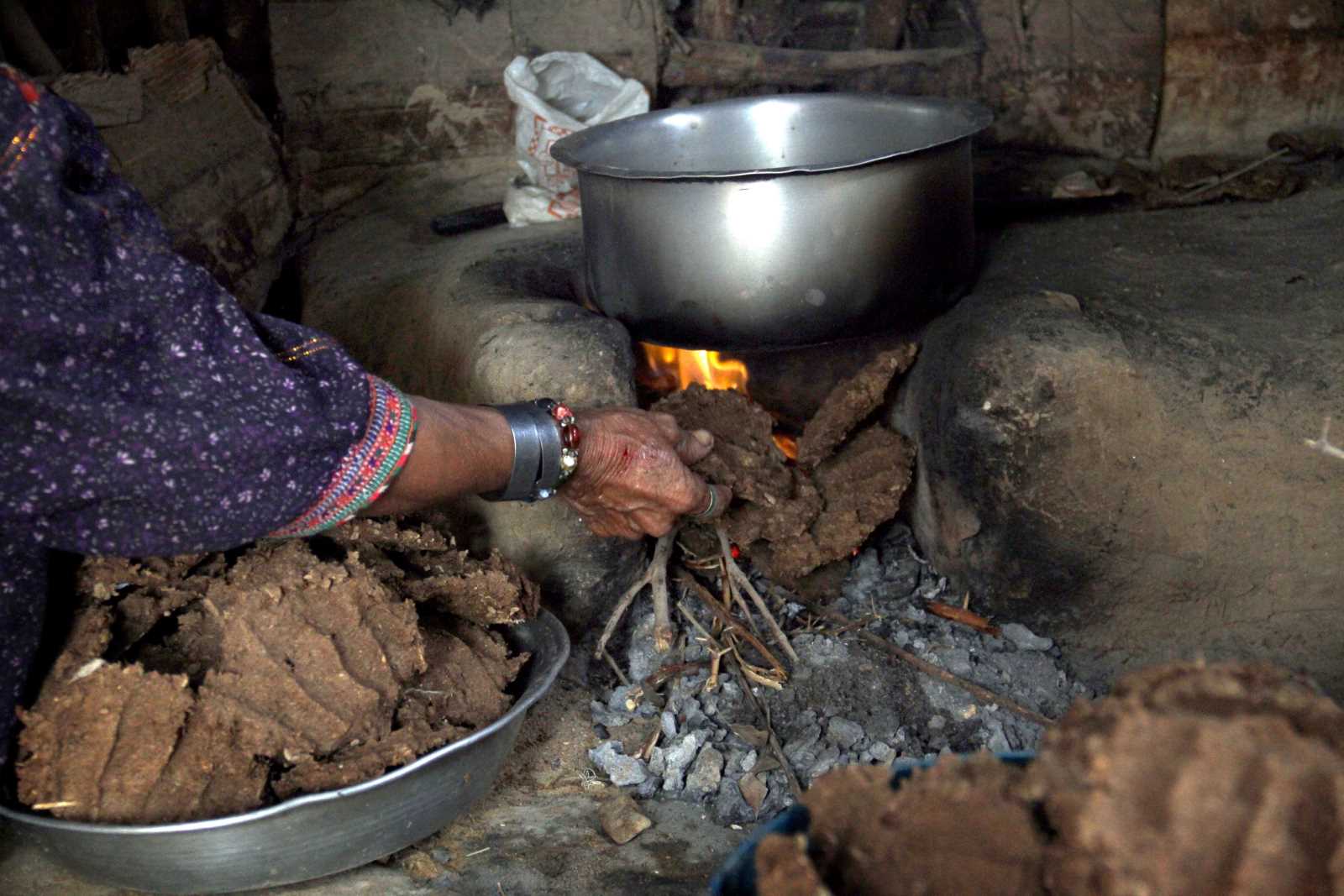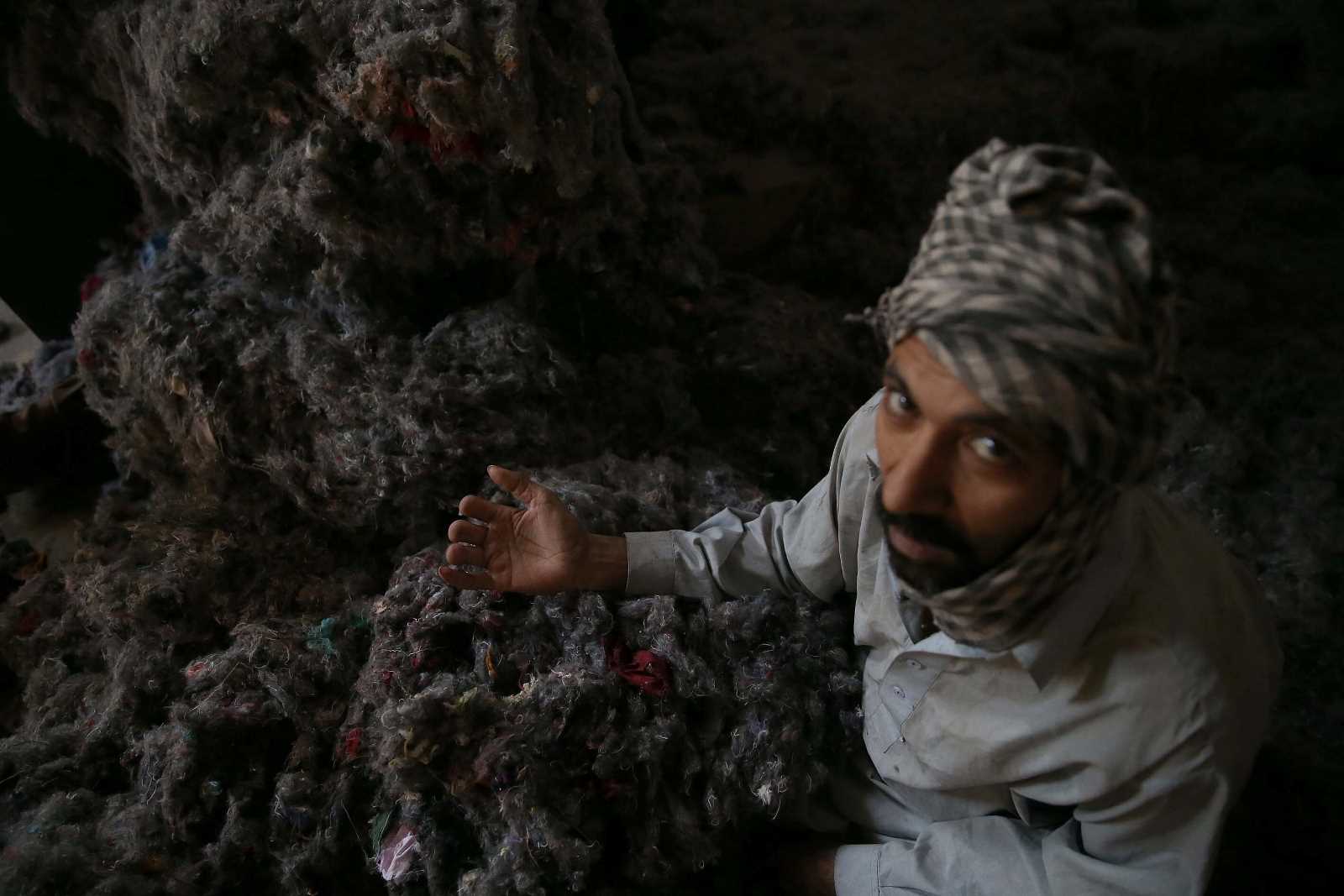Traditions
Poverty and cultural norms push youngsters to get married

Chief Chikwewu in Machinga district of southern Malawi says that on average he and his fellow chiefs dissolve 15 marriages a month. These are marriages of children aged between 14 and 16. “We want these children to go back to school. Getting into marriage at an early age is not just a joke but unacceptable,” says Chikwewu.
The local leaders have amplified their campaign to investigate and dissolve child marriages. Together with government and civil-society organisations, they are sending the victims back to school. Chief Kachindamoto of Dedza district in central Malawi, estimates that she has dissolved over 2000 marriages in the past five years.
Without financial support, ending child marriages is futile. Chief Chikwewu points out that “three quarters of these children whose marriages have been dismantled are still living in the villages doing nothing because they have no financial support either to continue with school or engage themselves into small scale businesses.”
Bridget Kapito, an 18-year-old school drop-out spoke about her experience with early marriage. She was raised by poor parents who could not afford to take her through school. In her second year attending Dzukani Secondary School, she dropped out. “I went into marriage when I was 16 years. My husband was 18. I was in marriage for 9 months and our marriage ended after noticing that my husband was not even supporting me. I decided to go back to my parents,” she says. Luckily, she left the marriage before having a child.
Besides economic situation of many rural poor, Bridget also blames traditional cultural initiation ceremonies for child marriages. Certain cultures in Malawi initiate children aged between 6 and 15 years “into adulthood” through certain rituals. It is believed that after one or two months, such children then fully become adults.
“When children go for these initiations, they learn many things about sex and how to care for a man on the part of a girl. And for boys, how to care for a girl. When they come out of these ceremonies, they think they are old enough to get married and that is why they abandon school and get married early,” she says.
Ending child marriage globally is a moral imperative and critical to achieving the goals of the UN 2030 Agenda for Sustainable Development. For this reason, UNICEF and other UN agencies are implementing the Spotlight Initiative, a € 500 million global initiative that provides scholarships to girls and is designed to protect them from gender-based violence, including harmful social norms. In Malawi, the multi-year initiative, is funded by the European Union and aims to have a significant impact on the lives of women and girls in six districts across the country.
Raphael Mweninguwe is a freelance journalist based in Malawi.
raphael.mweninguwe@hotmail.com











